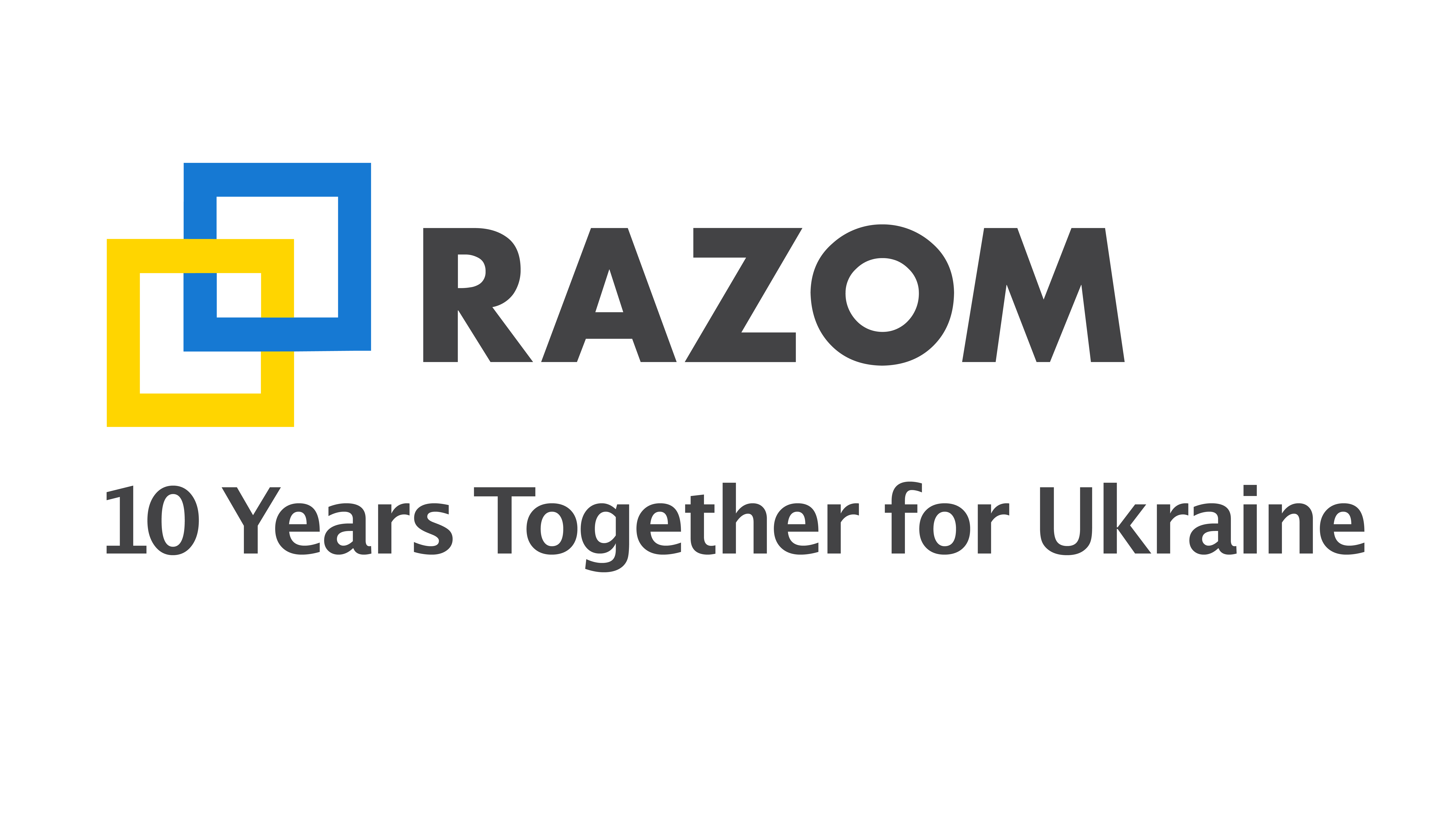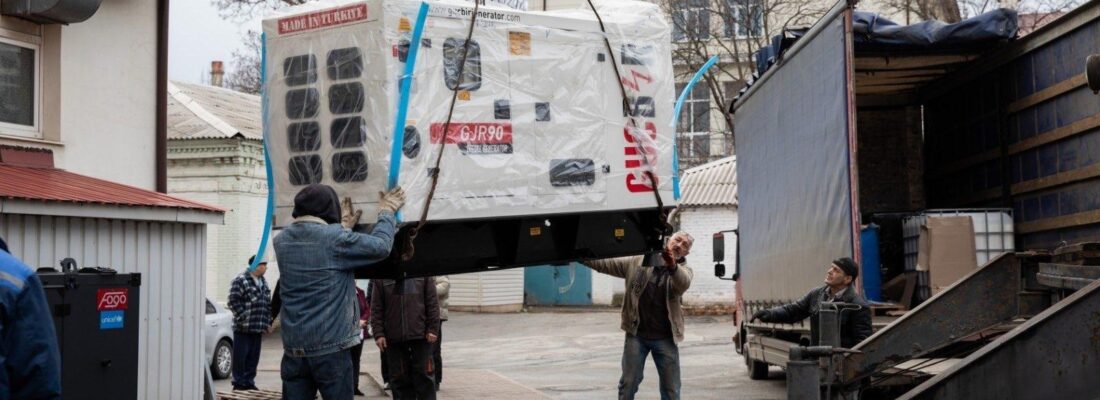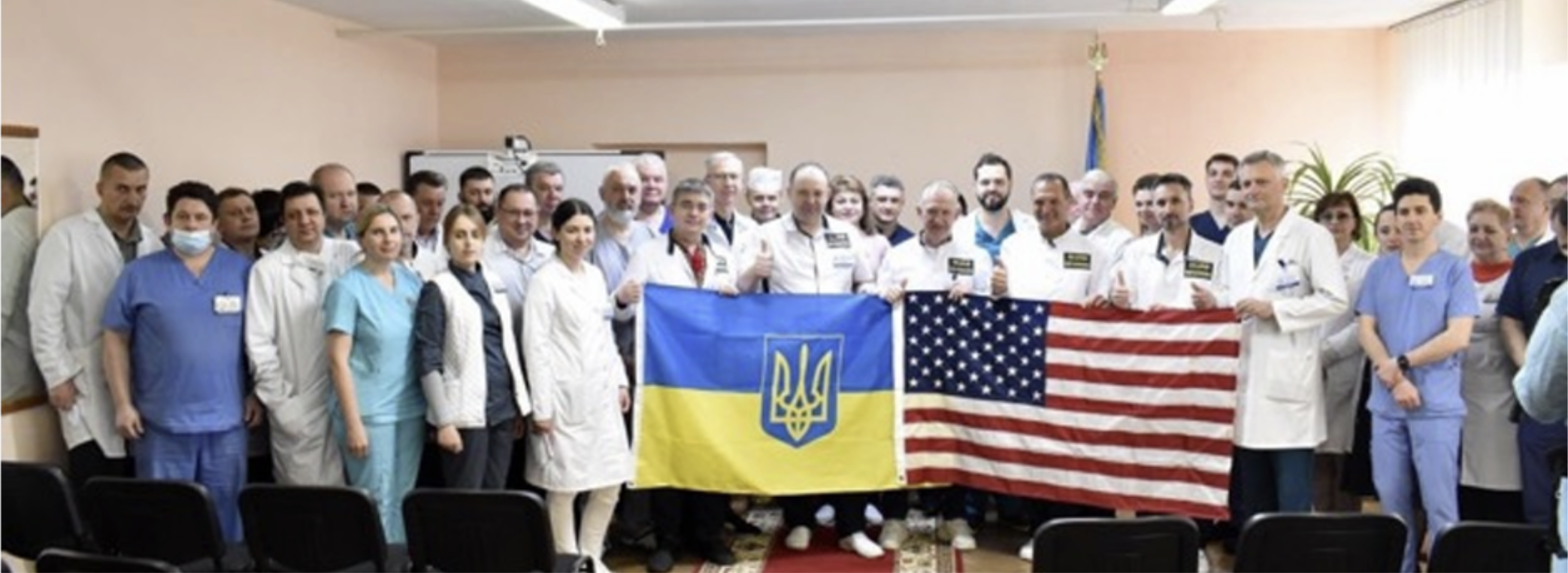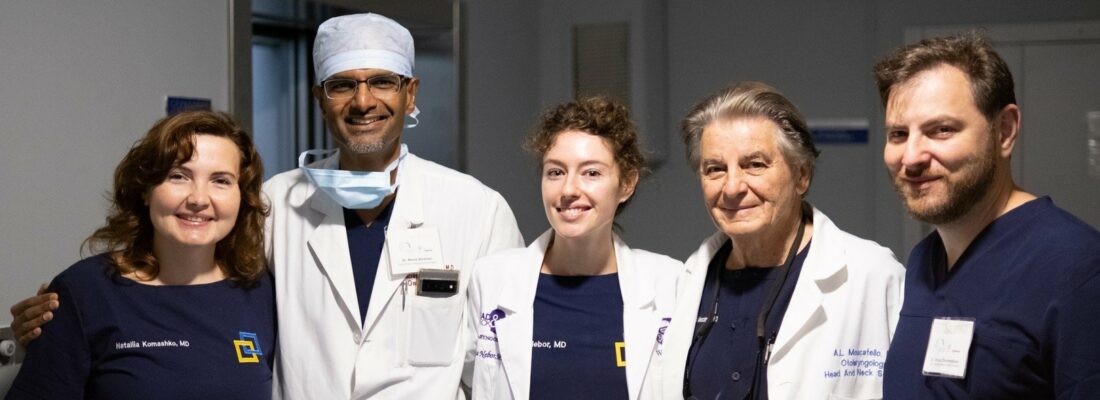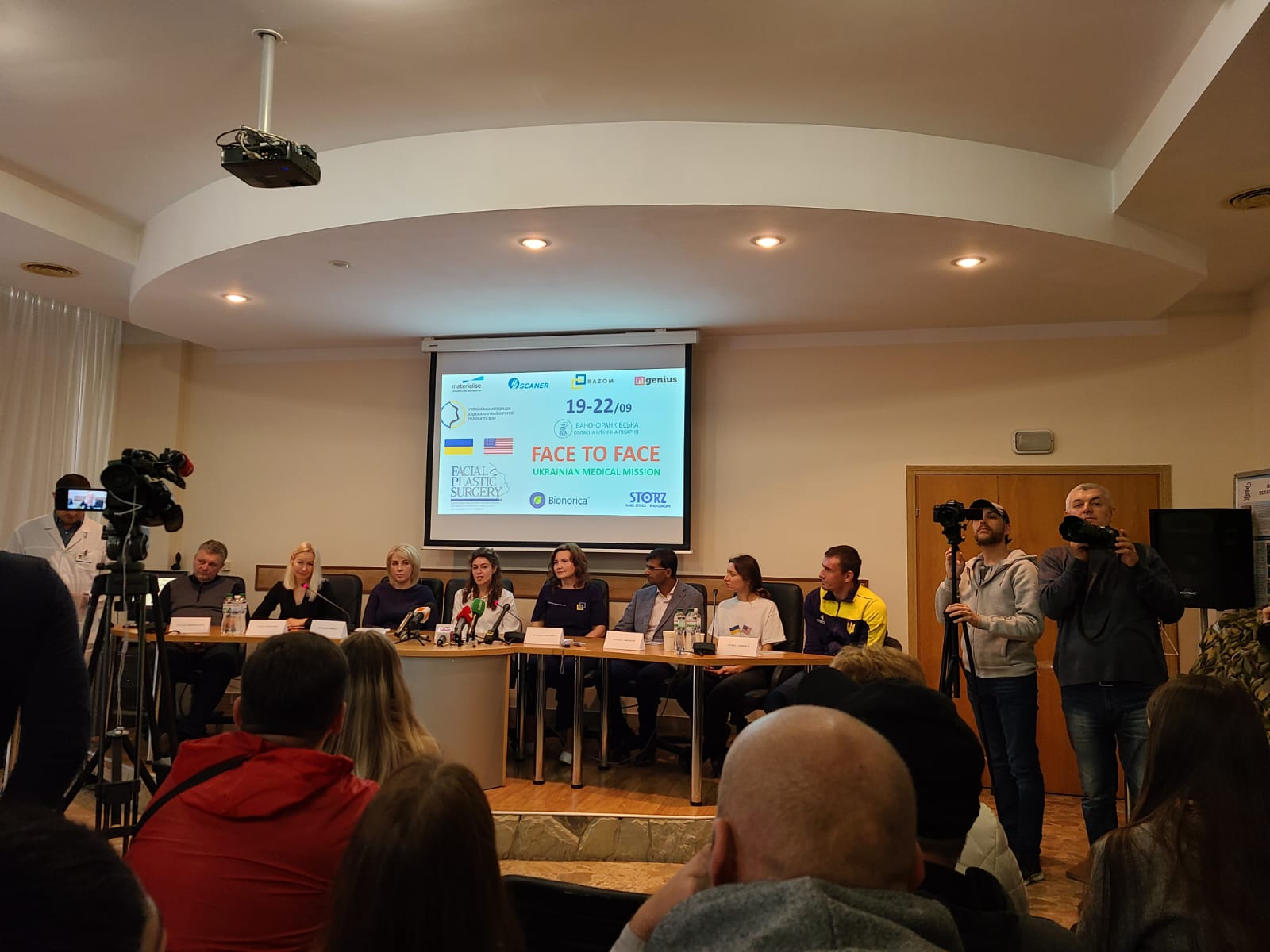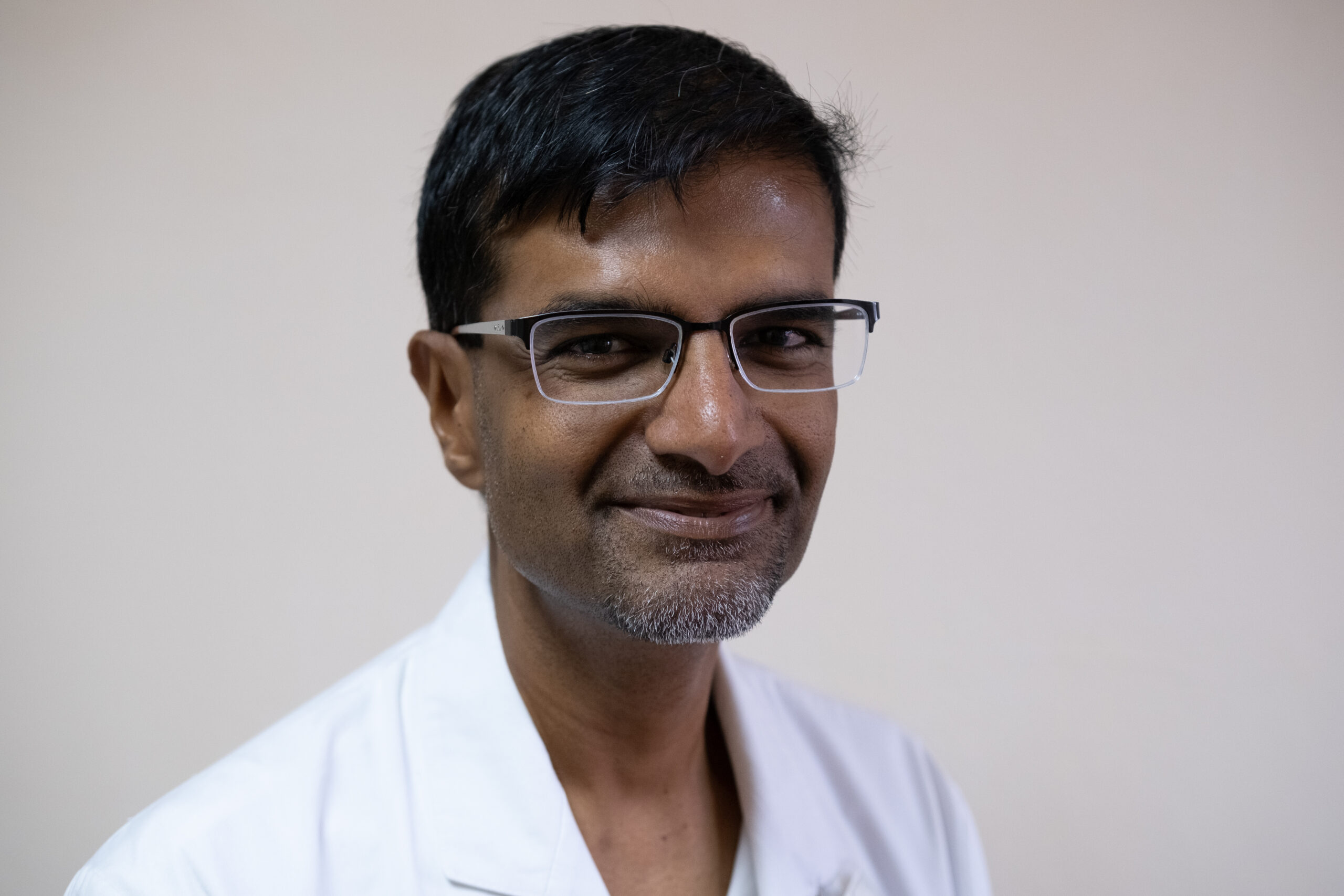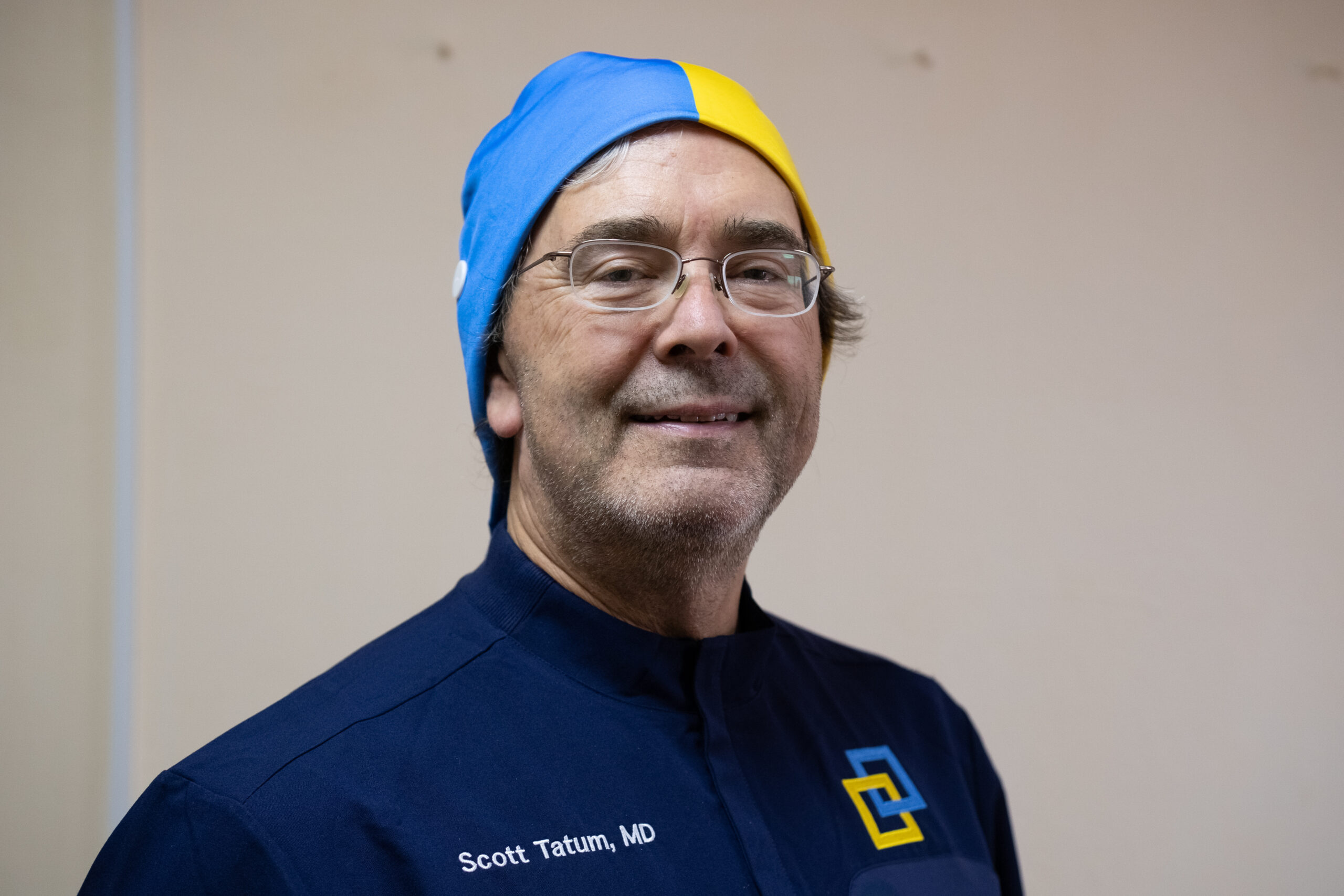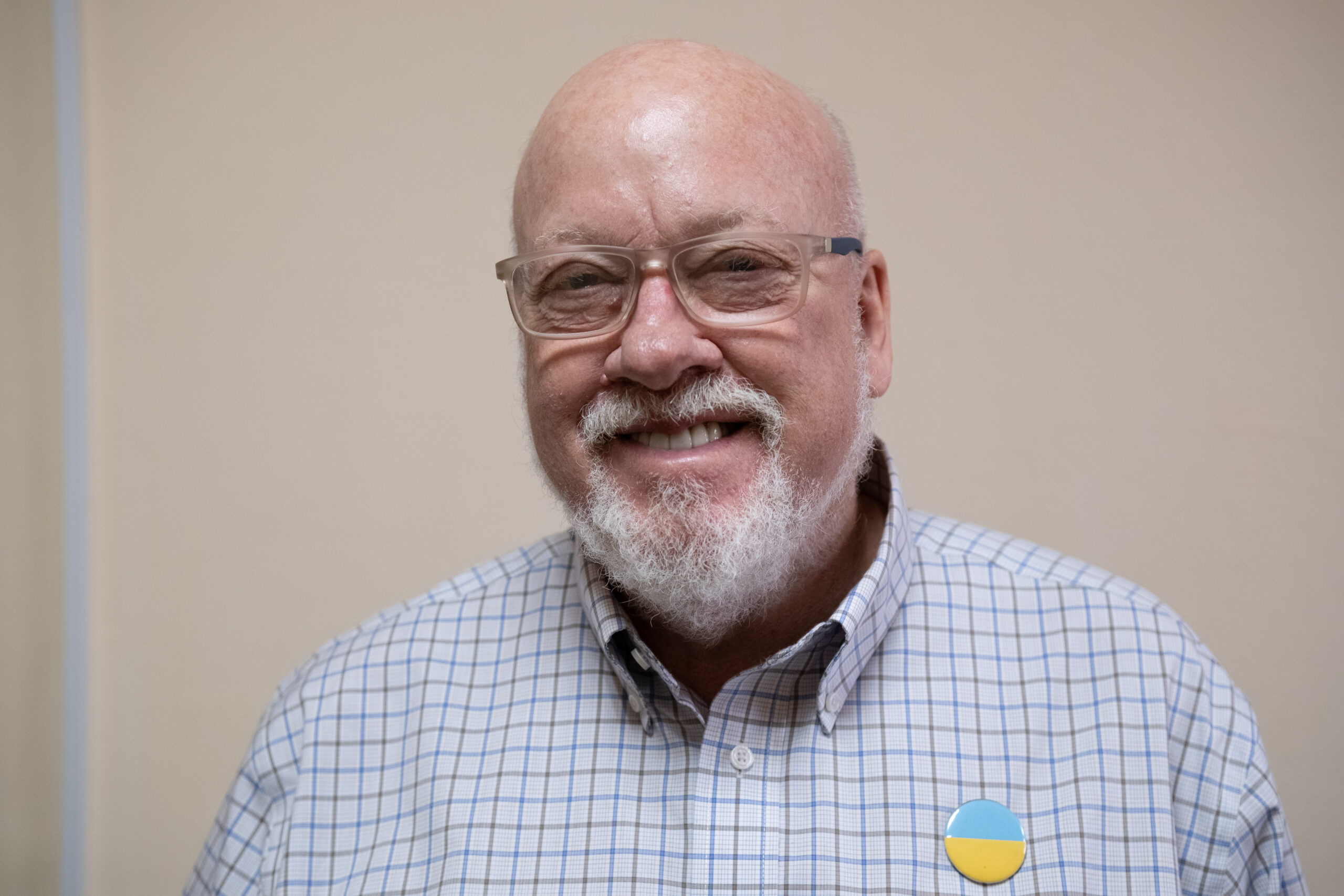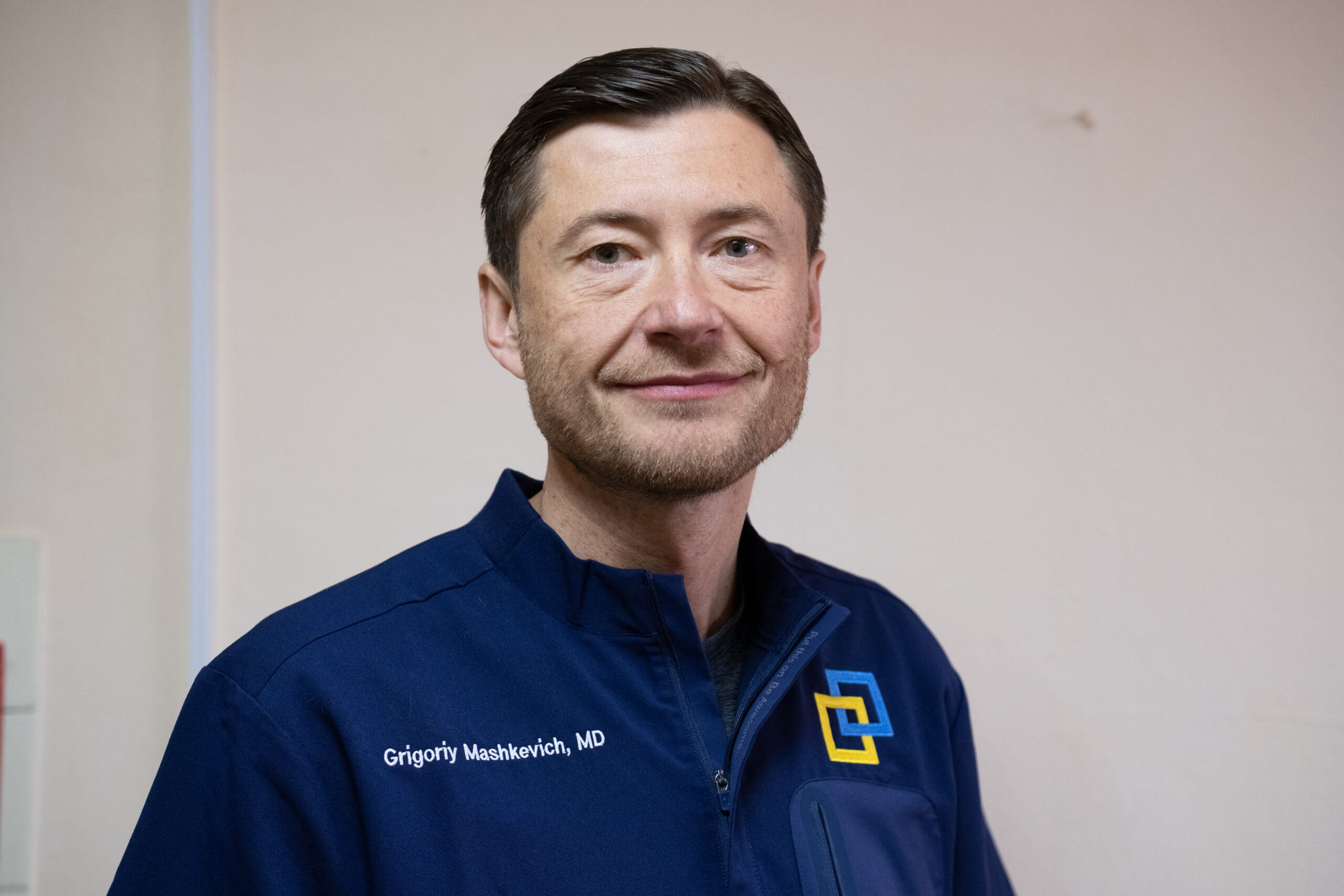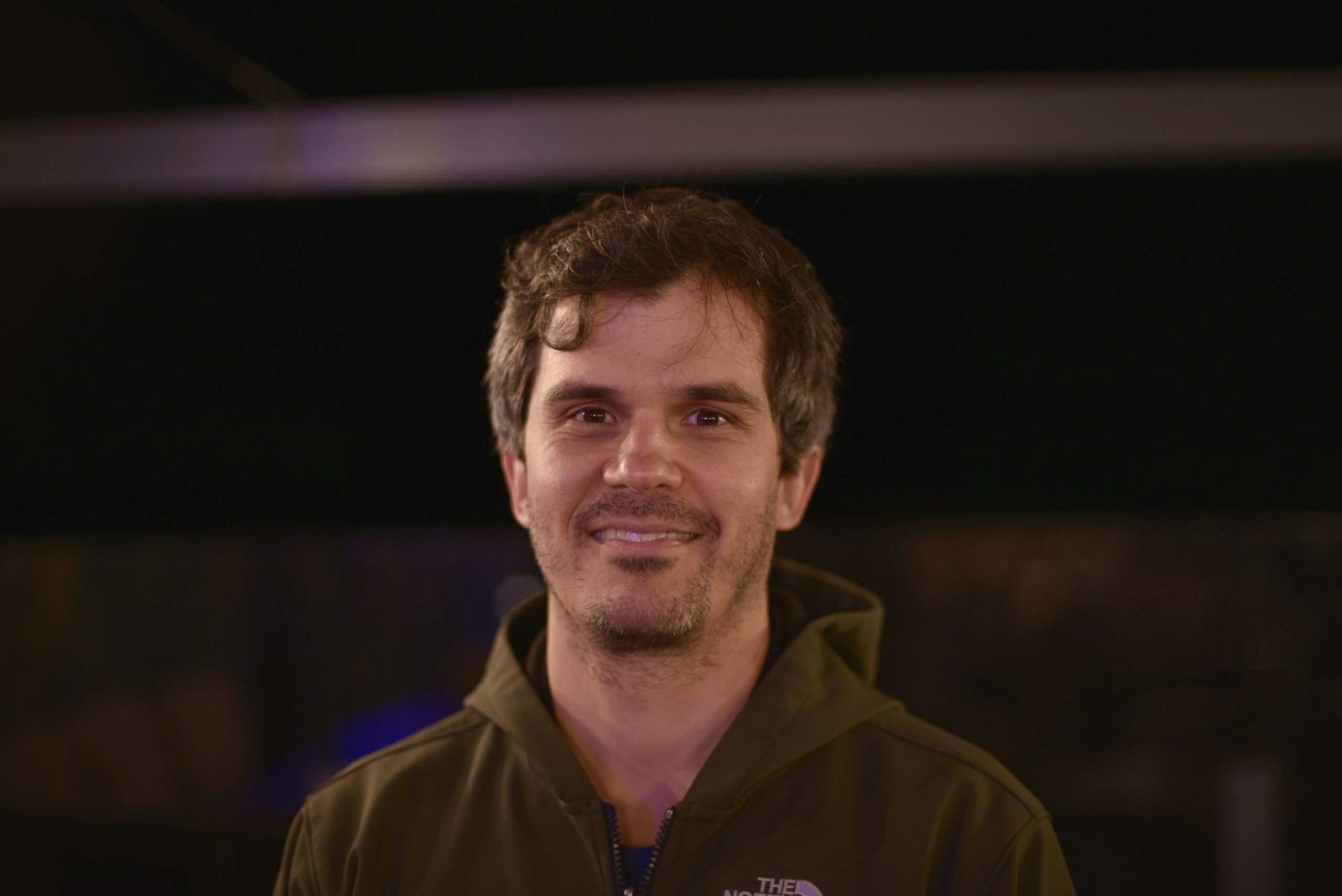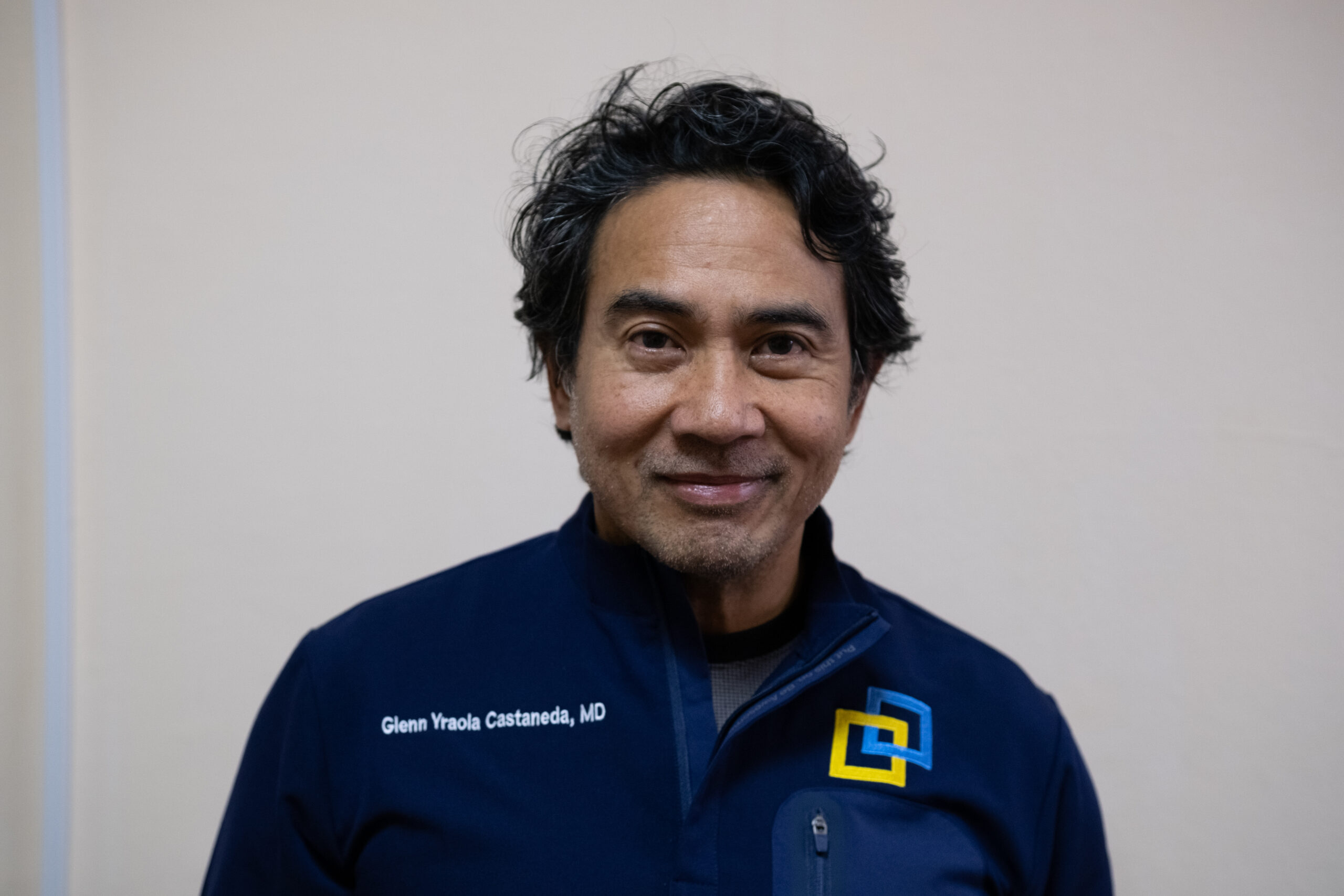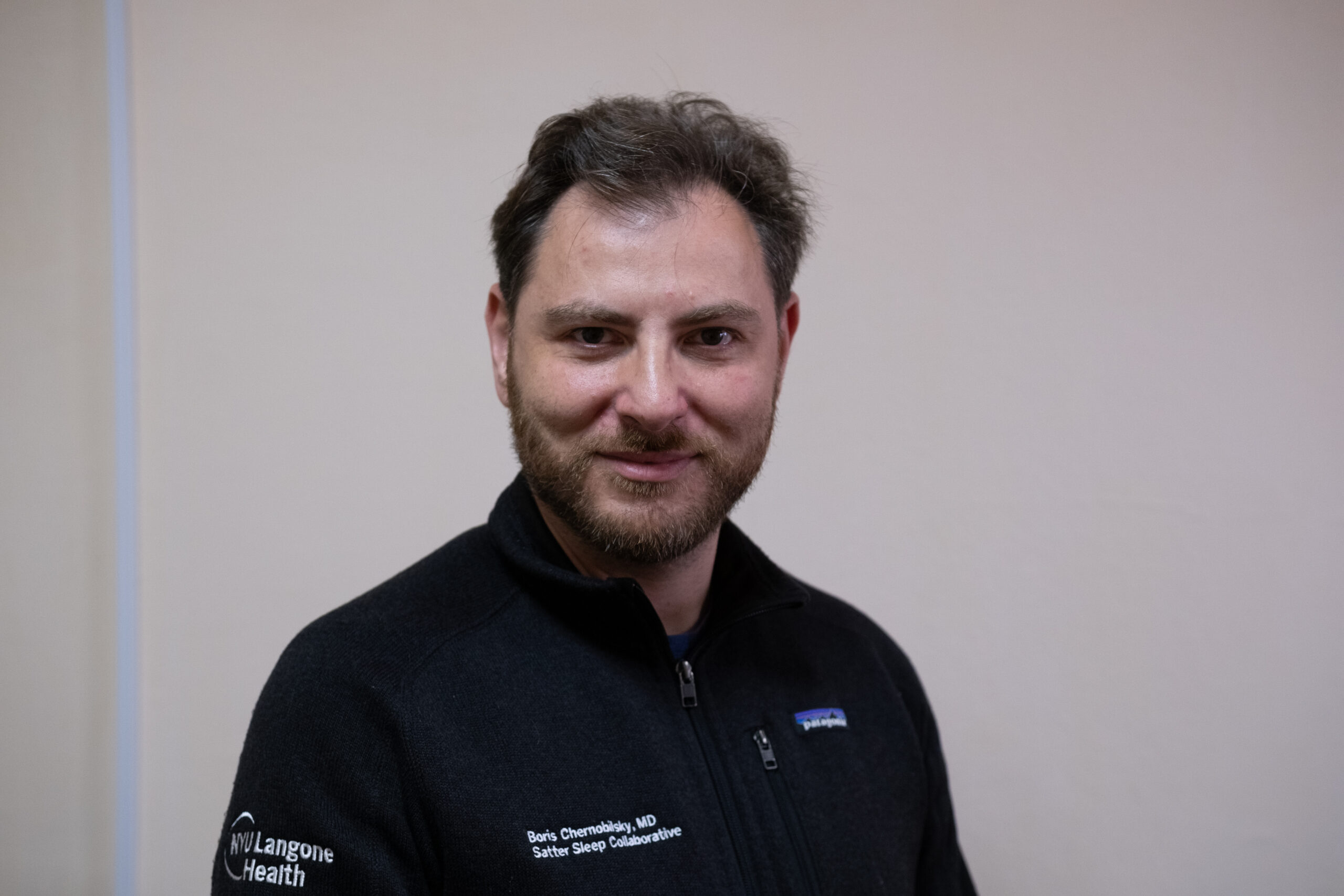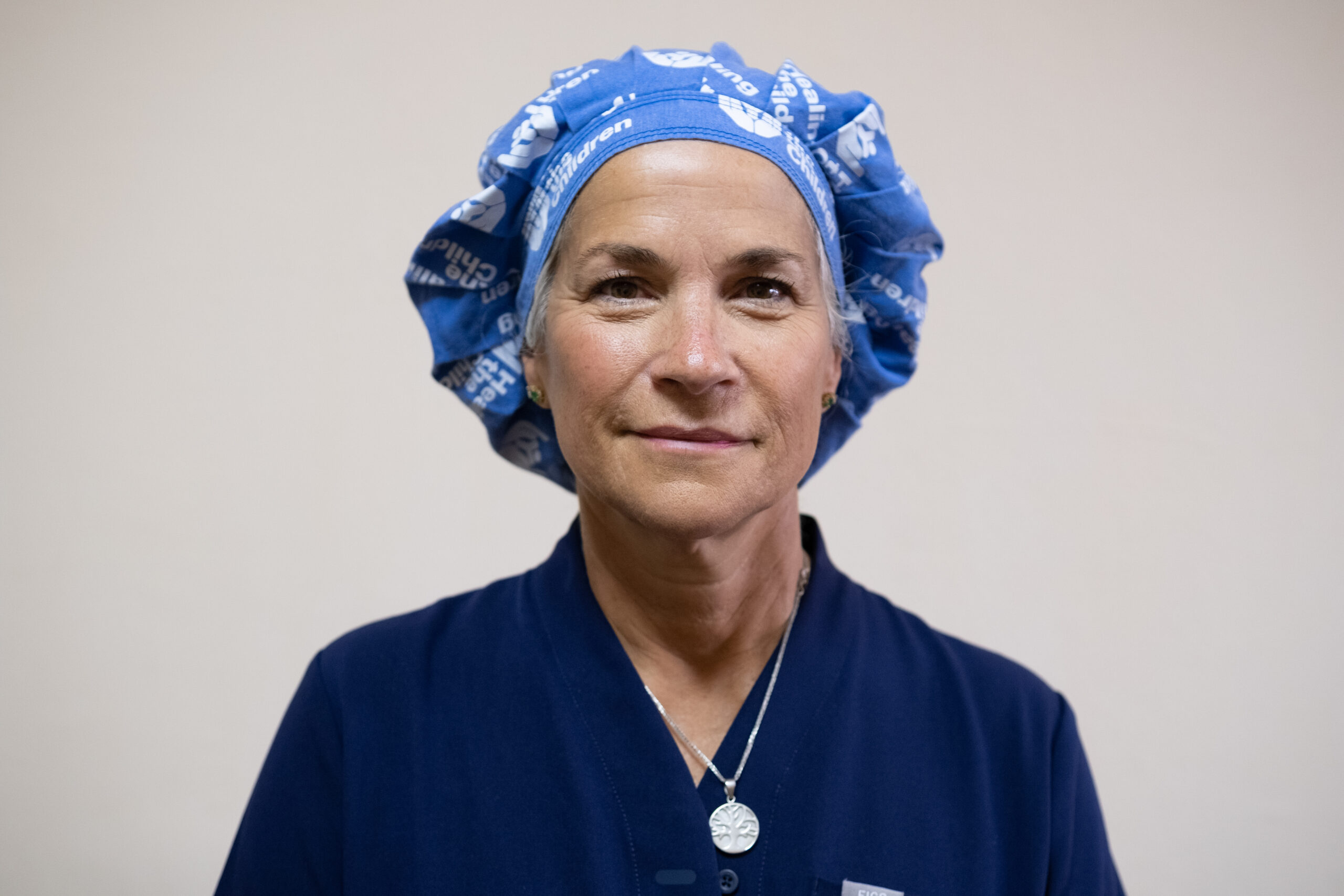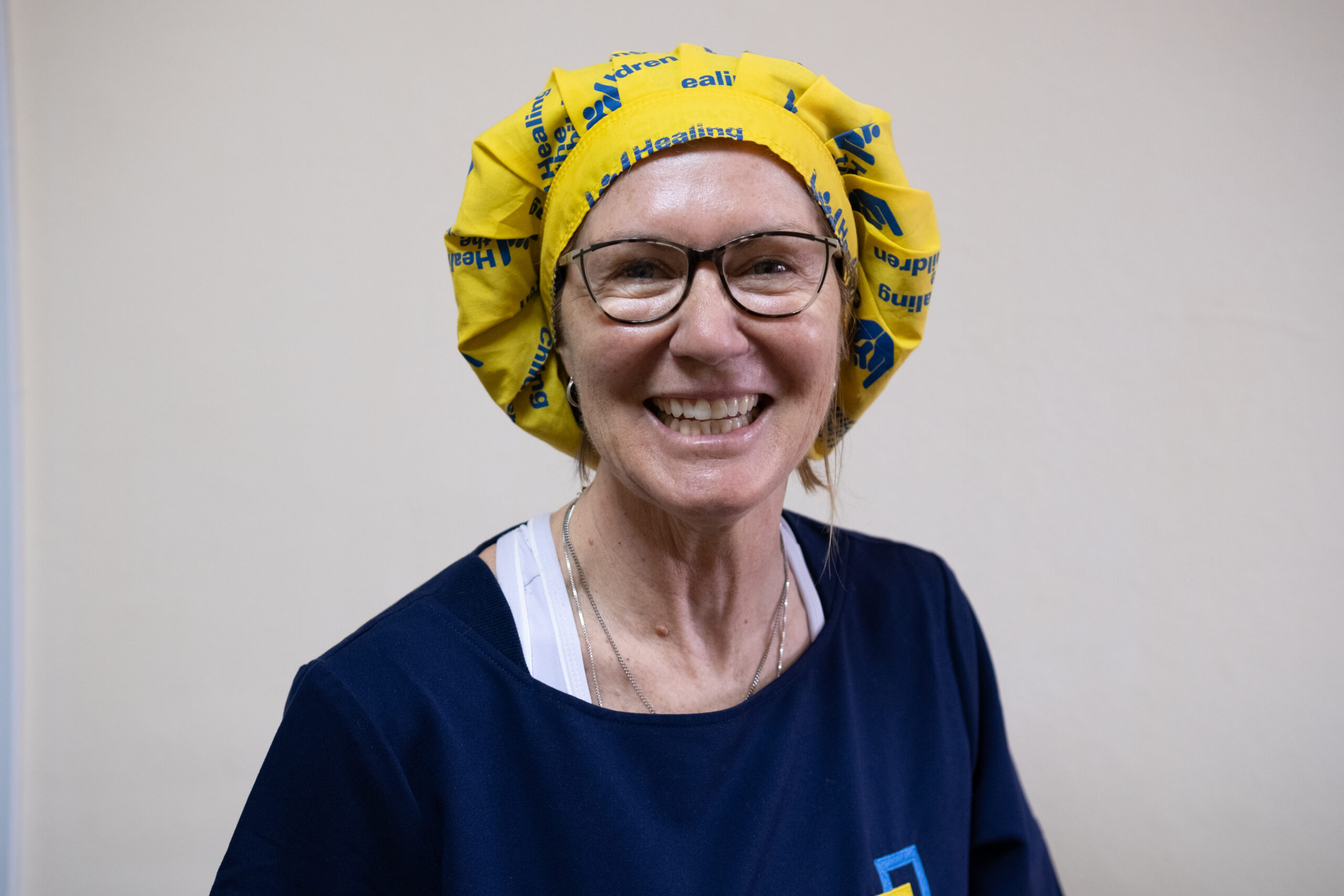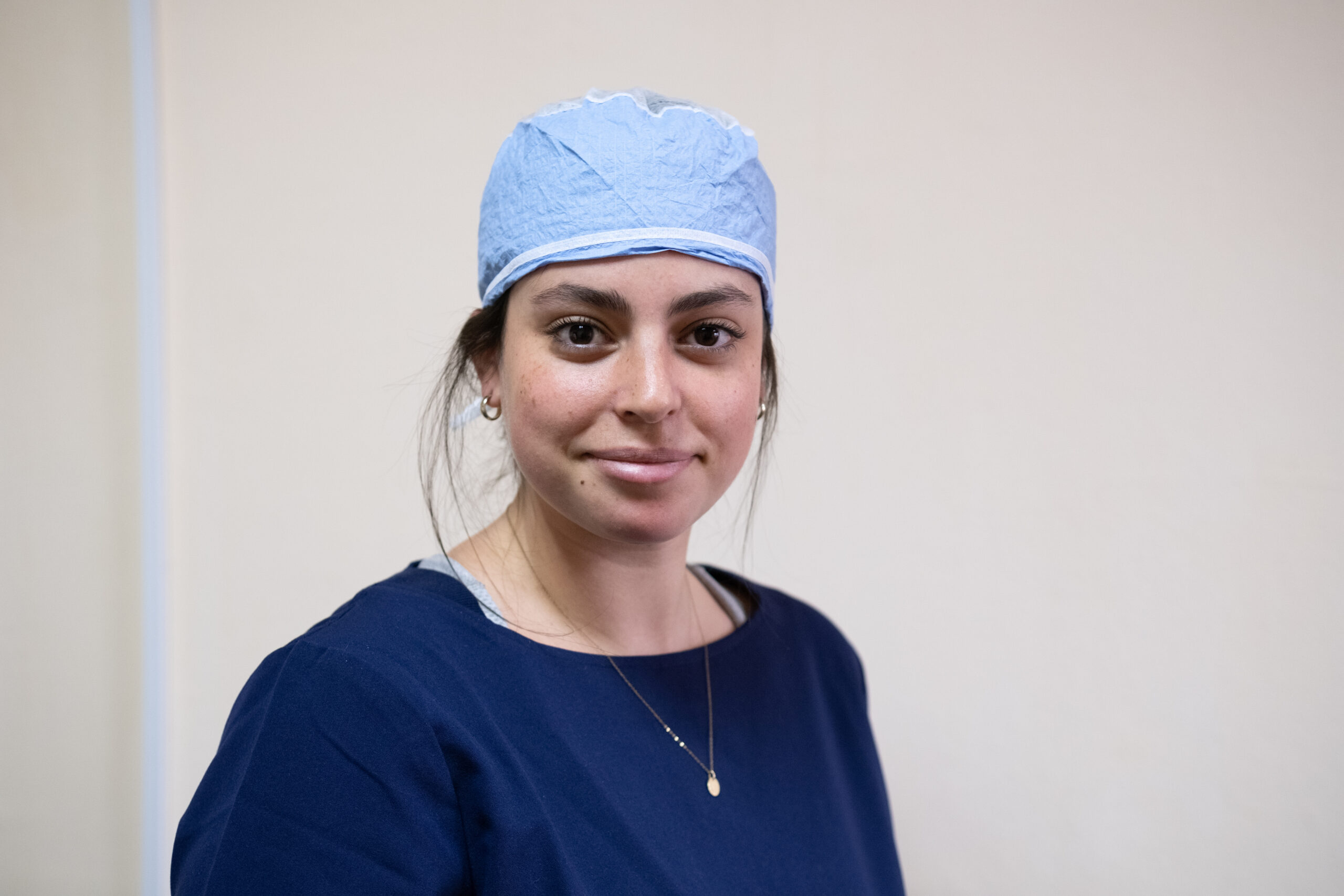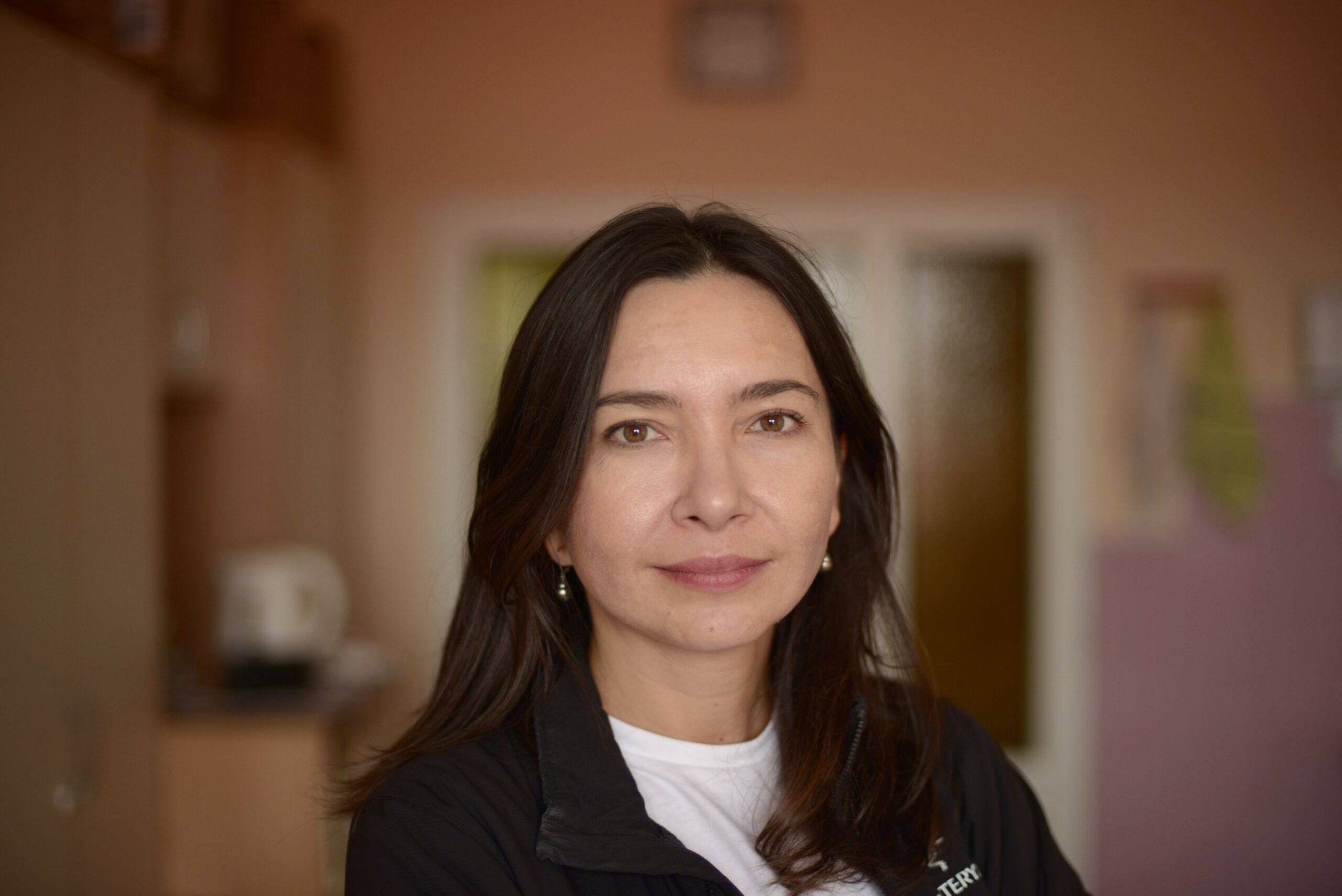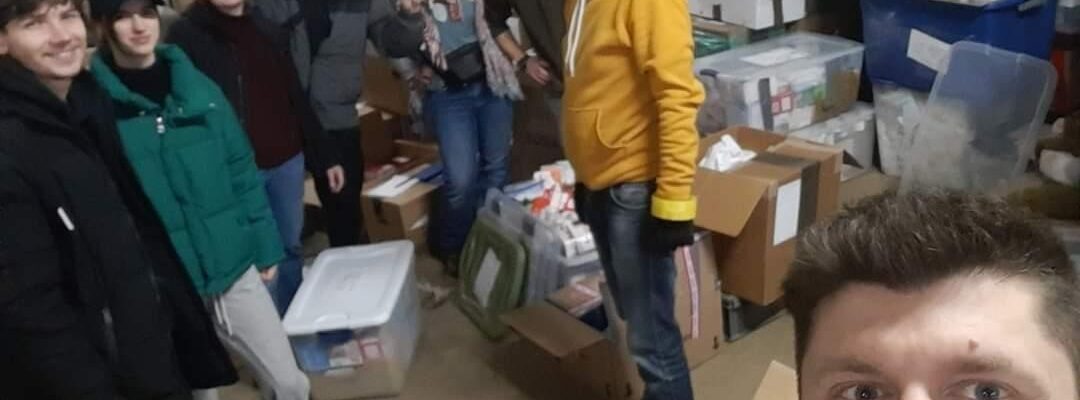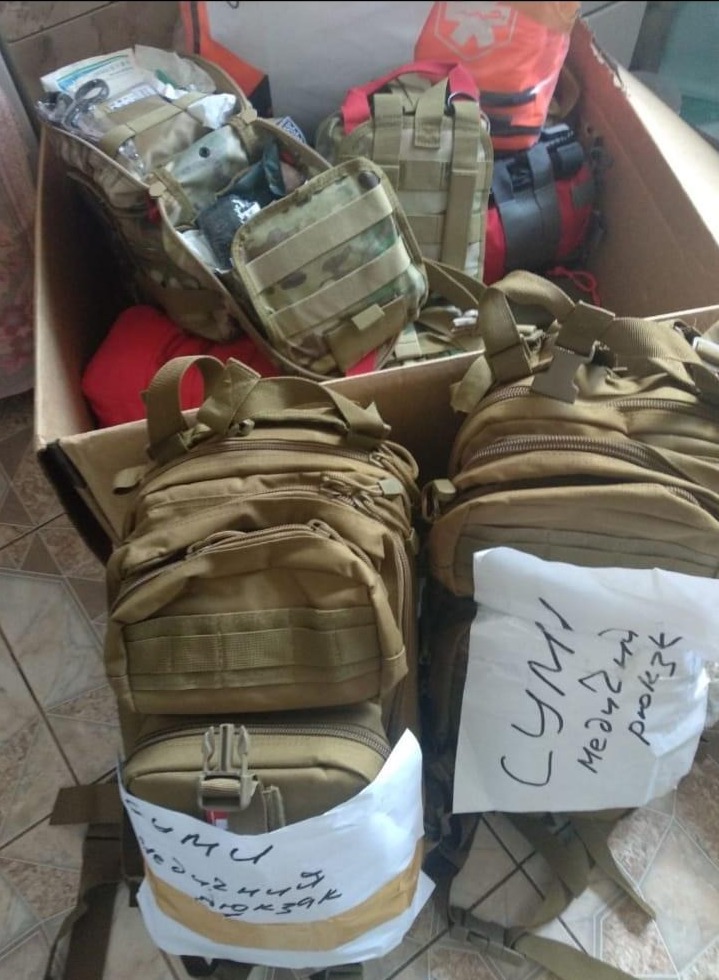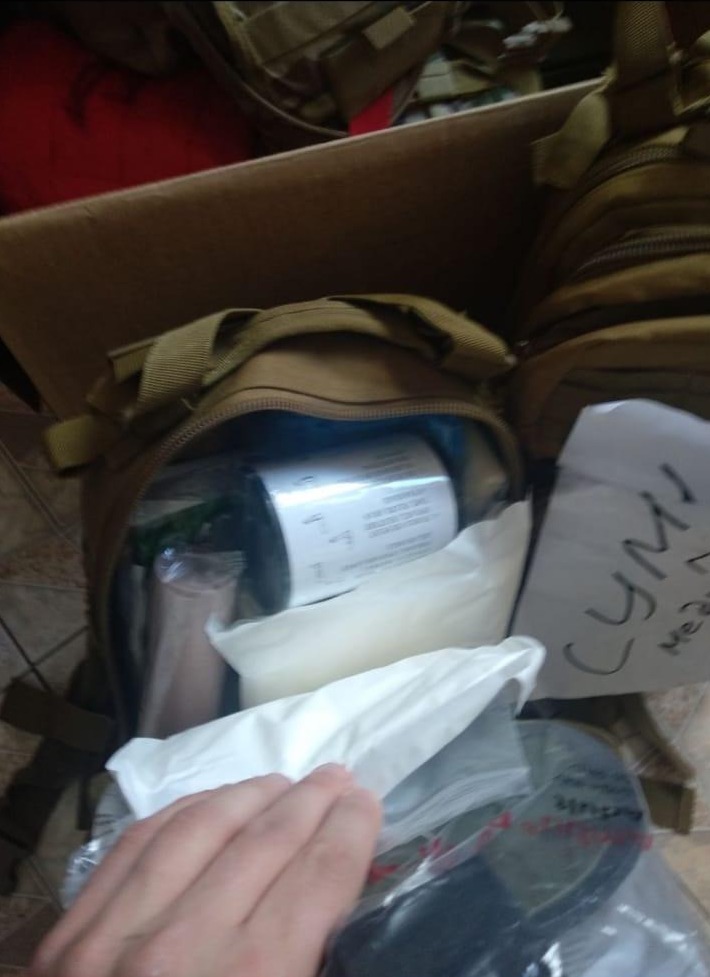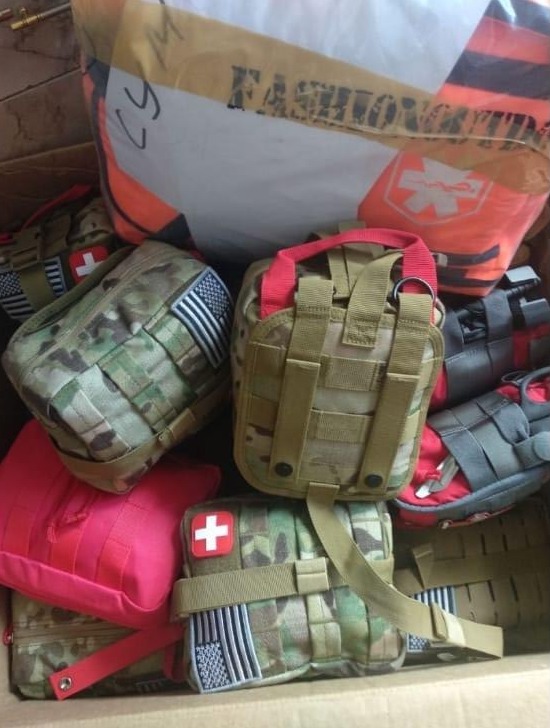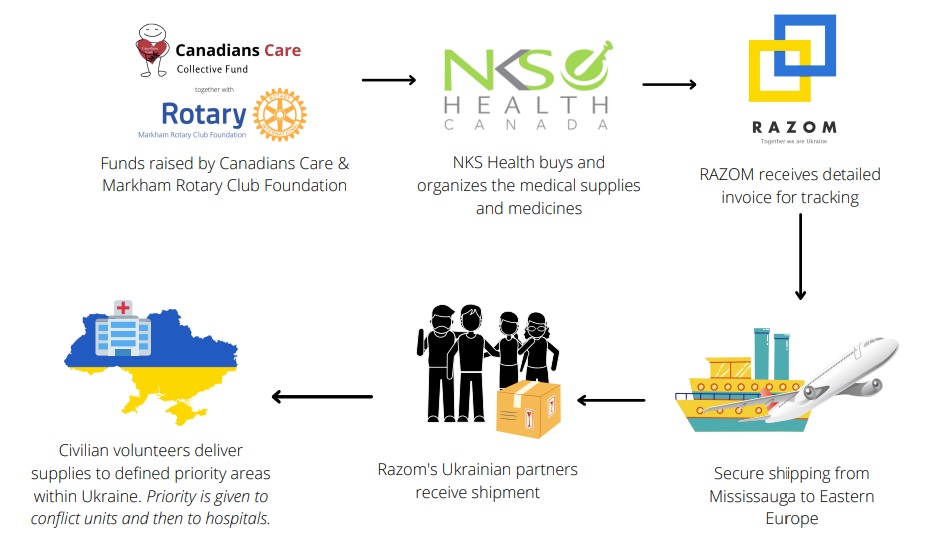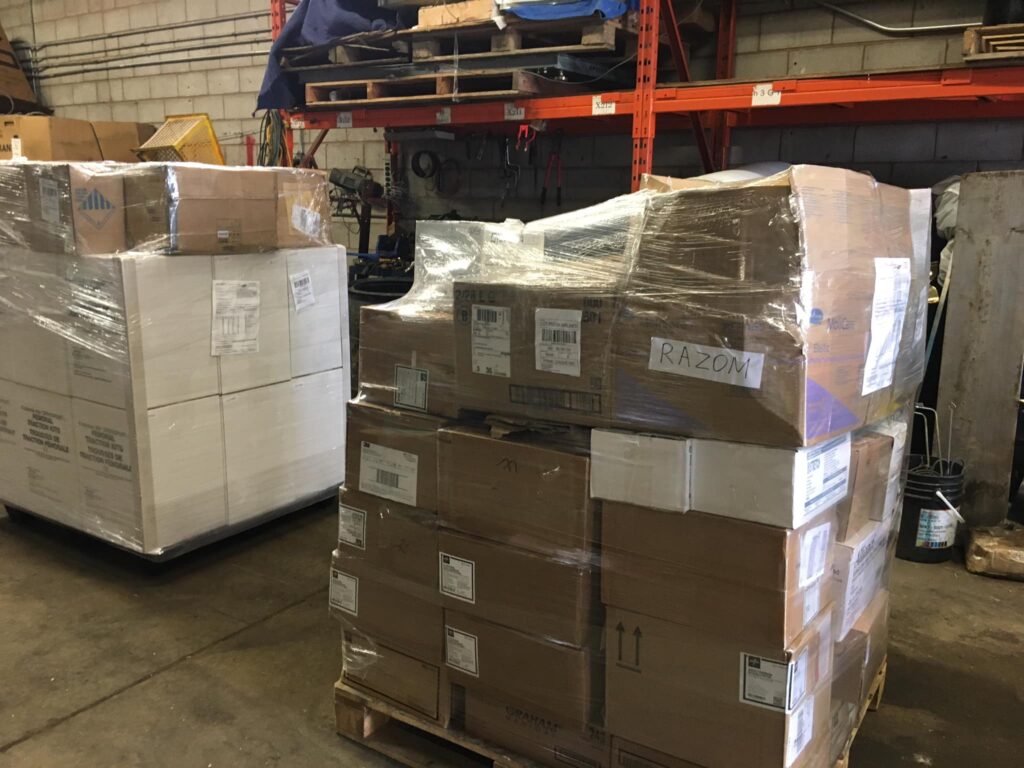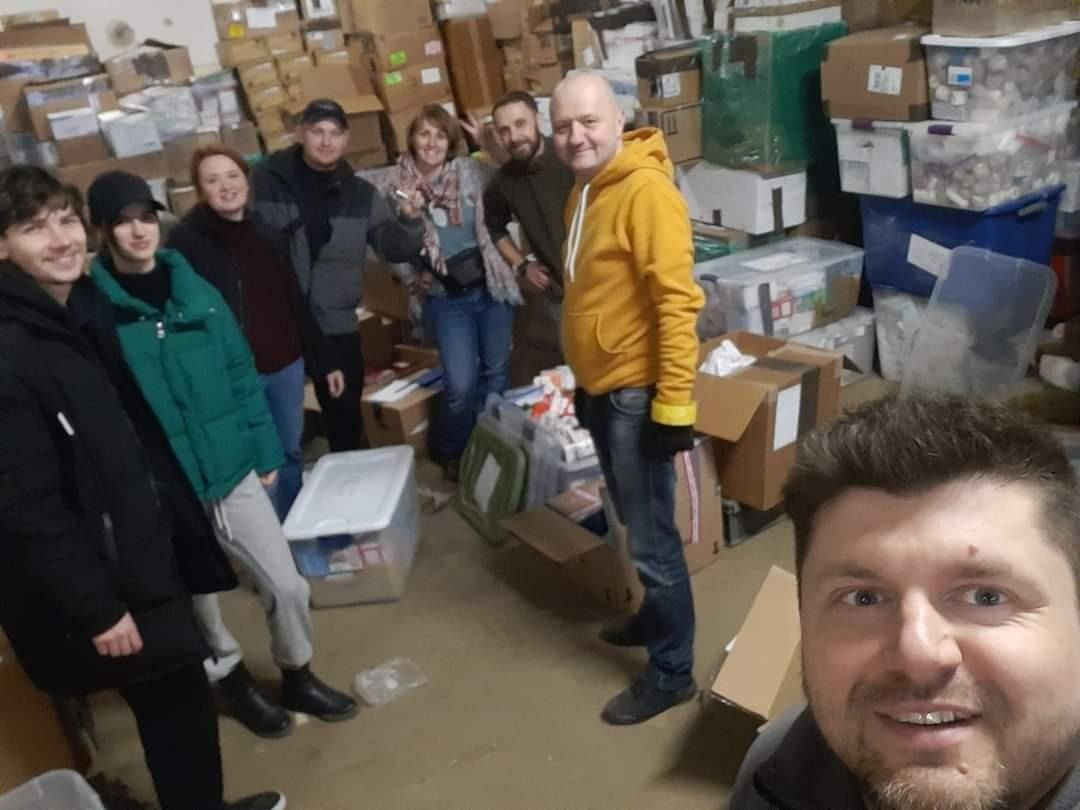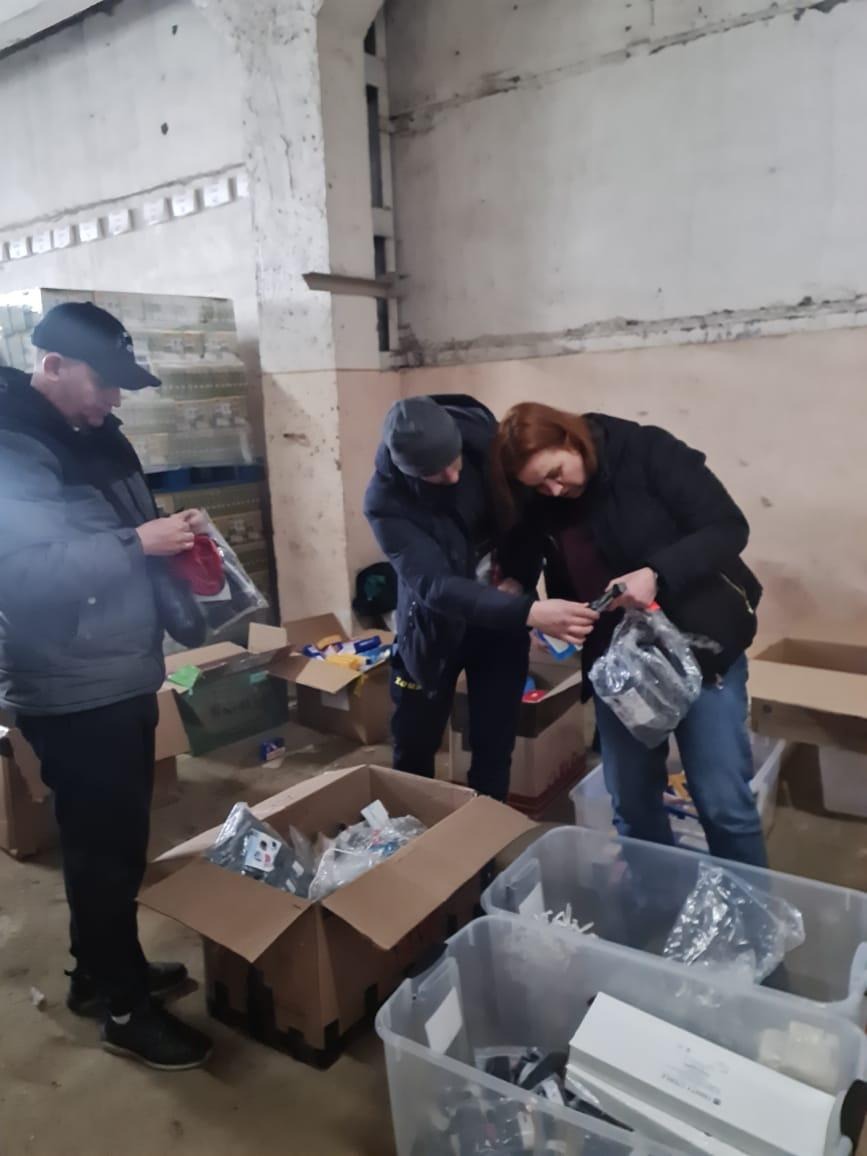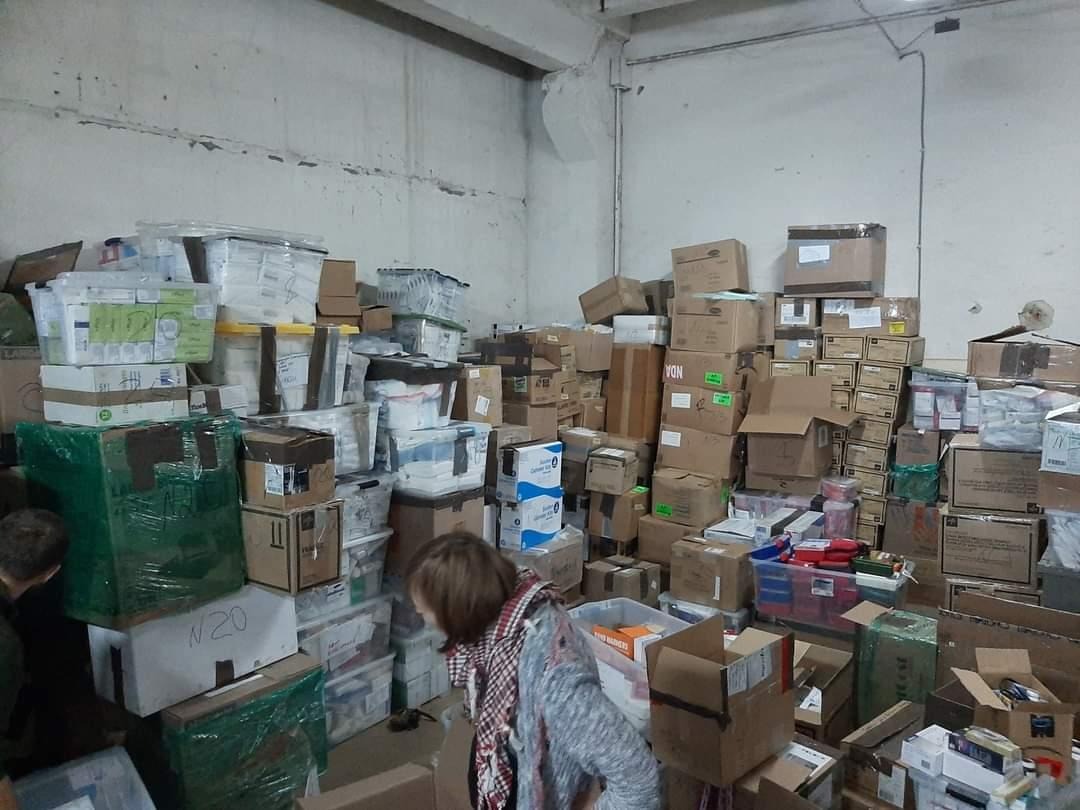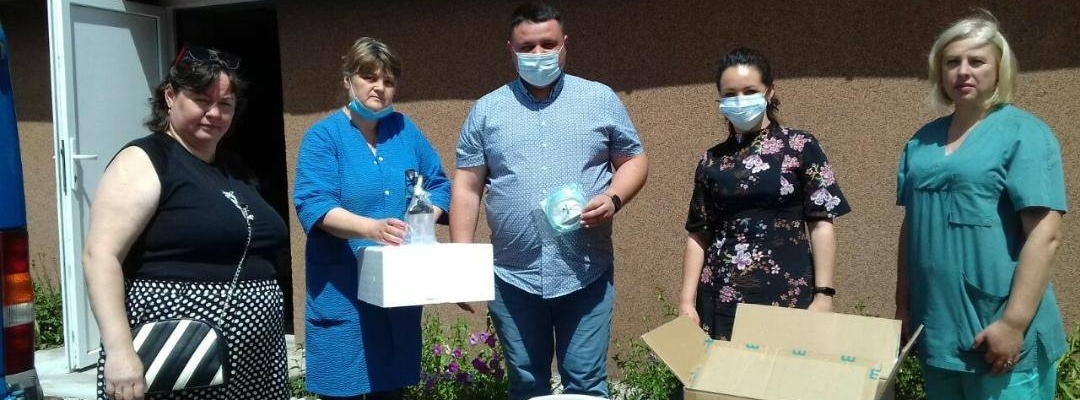In October 2022, russia put extra effort into targeting and massively destroying civilian infrastructure in Ukraine. Regular waves of missiles and kamikaze drones were aimed at power plants, transmission lines, and other civilian objects. In November, it got to a point where some regions lost power, heat, and water entirely. The air raids damaged over 50% of the power system. Until this day, emergency blackouts in some areas of Ukraine last 10-12 hours or even more.


Following the full-scale invasion of Ukraine on February 24, 2022, a big part of Razom’s budget has been allocated to aid medical facilities in Ukraine. Razom Health team quickly mobilized to help Ukrainian healthcare system and provided overwhelmed healthcare facilities with critical medicines, medical supplies, and equipment.
Razom’s partnership with Americares has been instrumental in supporting Razom for Ukraine’s mission. Since March 2022, Americares has provided over $70 million of aid to 74 organizations assisting those affected by the war in Ukraine. To Razom, they have generously donated crucial hospital supplies in the early stages of the war and continue being an ally in aiding the Ukrainian healthcare system.
Yoanna Ivaniv, Razom Health coordinator of Americares partnership, says working with them has been a great success. With the Americares grant of $250,000, Razom officially started a project to supply Ukrainian hospitals with high-power generators.
...Americares' Ukraine Response Team was actively looking for ways to support Ukrainian hospitals' energy needs… The relationship we've had with Razom since the early-days of our response, coupled with their clearly laid-out plan, made the entire team at Americares comfortable supporting Razom in such a critically needed and time-sensitive project.
Jack O'Rourke – Deputy Field Team Lead, Americares Ukraine Response
The first step was contacting our partners on the ground – Zdorovi Agency and Patients of Ukraine – to determine which hospitals were the priority. Both NGOs worked on aiding and developing healthcare in Ukraine before the war and developed advanced logistics and reporting systems. They vet the hospitals, complete thorough monitoring protocols, and have full transparency in their reports.
Razom Health worked with Patients and Zdorovi for many months, together completed multiple projects, and developed a trusting relationship. These organizations helped select the hospitals in need using the following criteria:
- immediate proximity to the frontlines
- multiple departments
- ED (Emergency Department)
- ICUs (Intensive Care Units)
- multiple ORs (Operating Rooms)
- heavy patient flow
- ability to build a platform for generator installation
Initially, with the data from the Ministry of Health of Ukraine, 22 medical facilities were selected for the project. Razom sent energy specialists and engineers to assess the facilities’ needs and capacity. As a result, 11 hospitals signed the agreement with Razom and started building the sites for the generators.
Meanwhile, Razom made a procurement offer using Prozorro – a decentralized public platform that ensures open access to procurement orders (tenders) in Ukraine. There were two competitive offers from Ukrainian companies, and the one with more experience in the field was chosen.
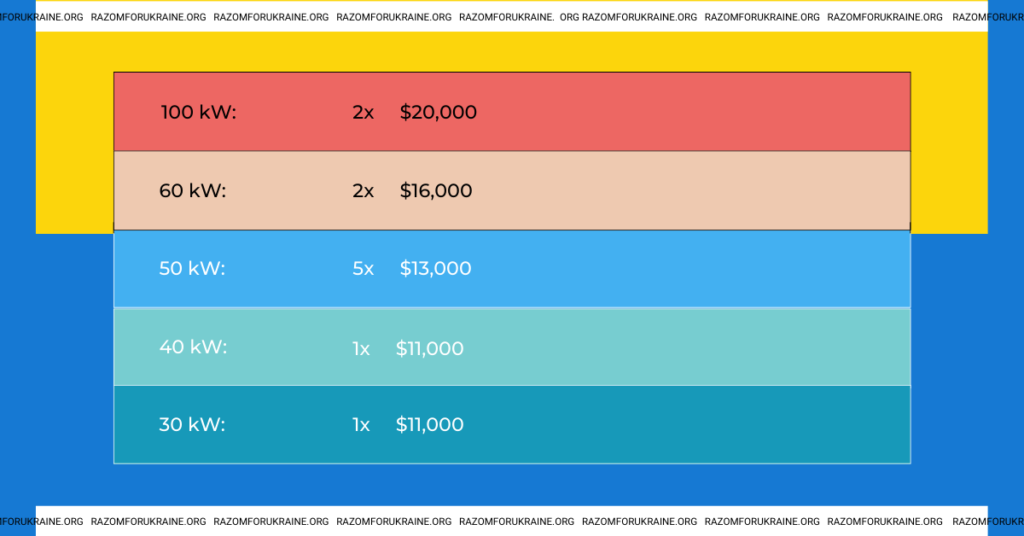
So far, 9 of 11 generators have been delivered and installed in hospitals in the Dnipro, Kryvyi Rih, Sumy, Zaporizhzhia, Kharkiv, and Odesa regions. With $40,000 saved from the grant, Razom plans to procure and deliver another generator to one of the hospitals affected by the war.
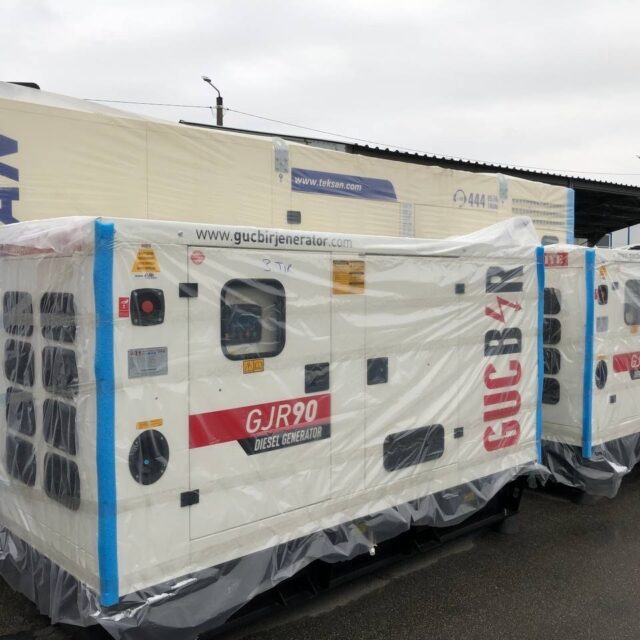
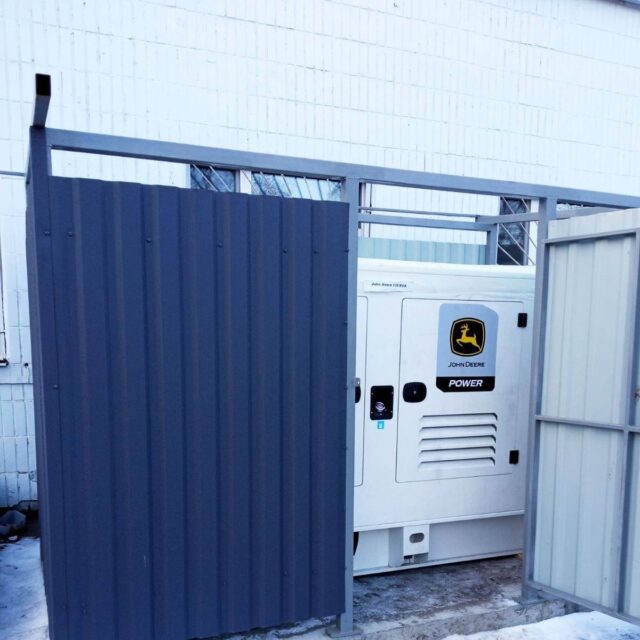
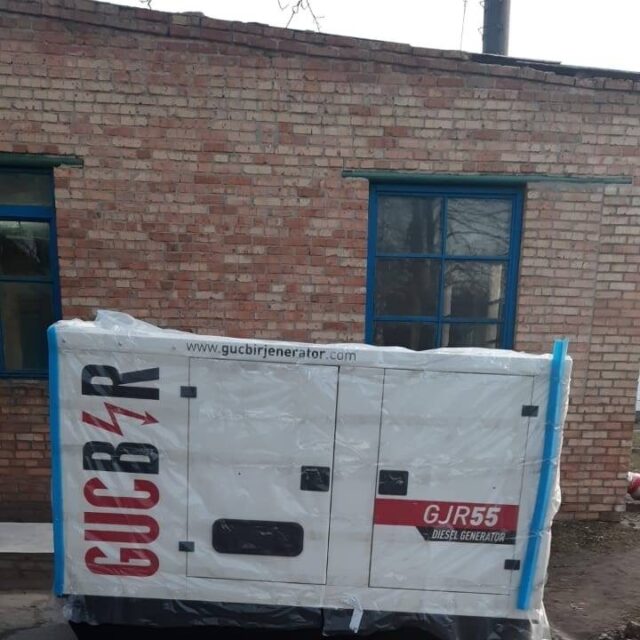
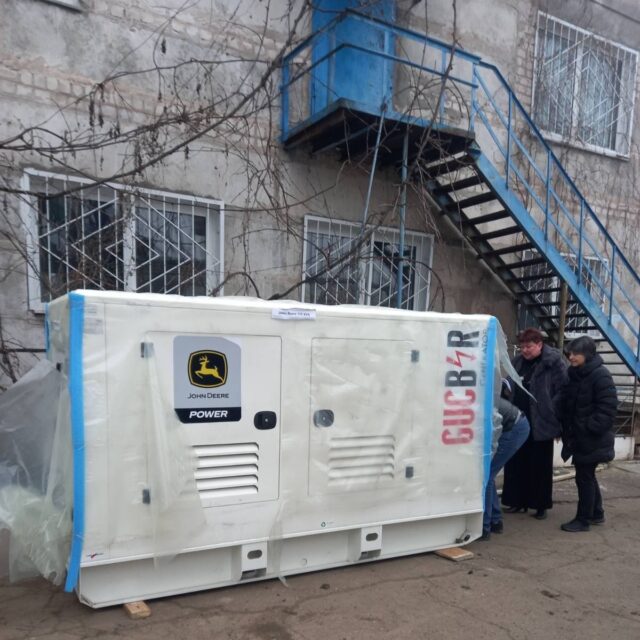
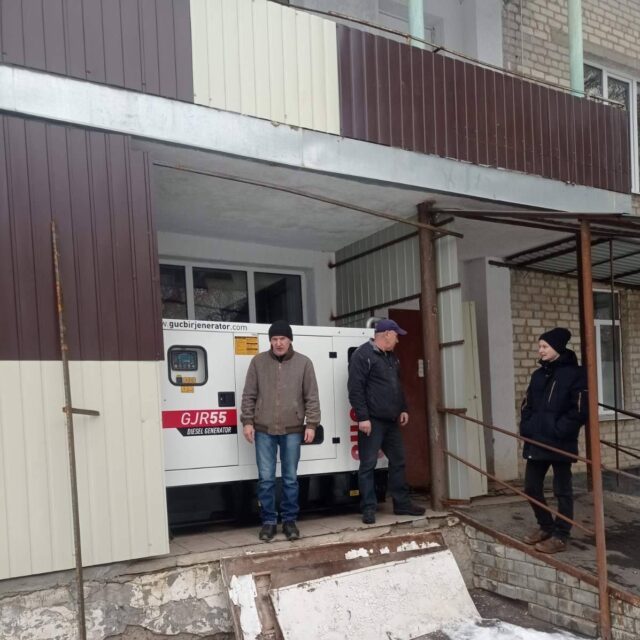
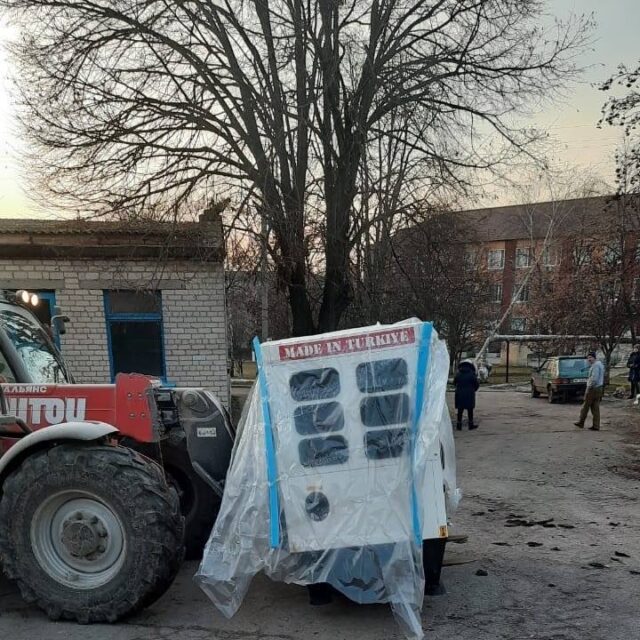
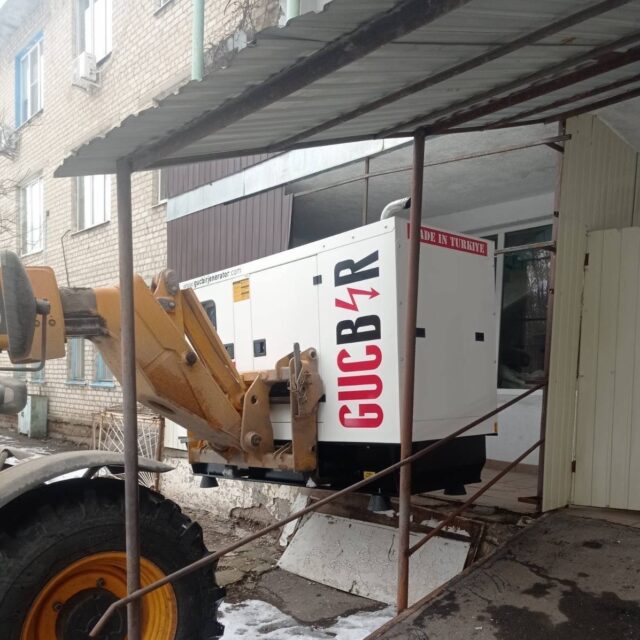
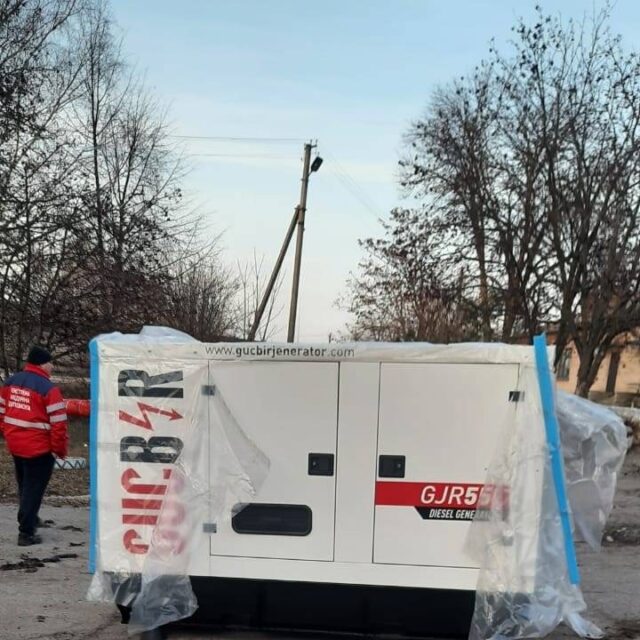
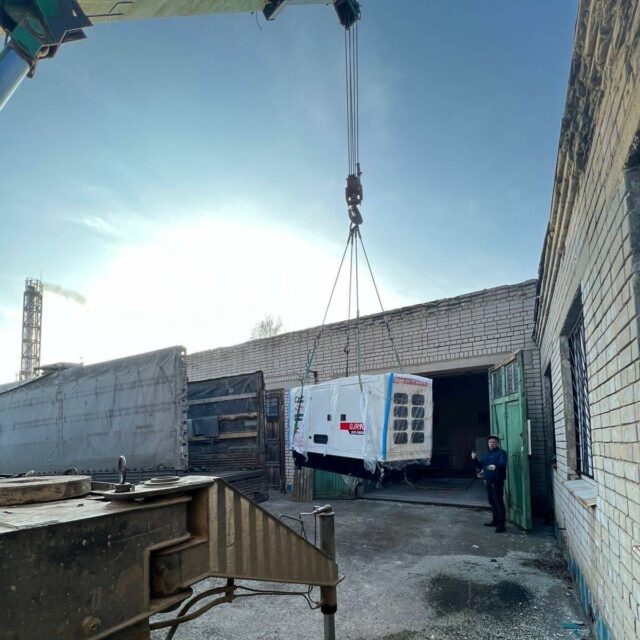
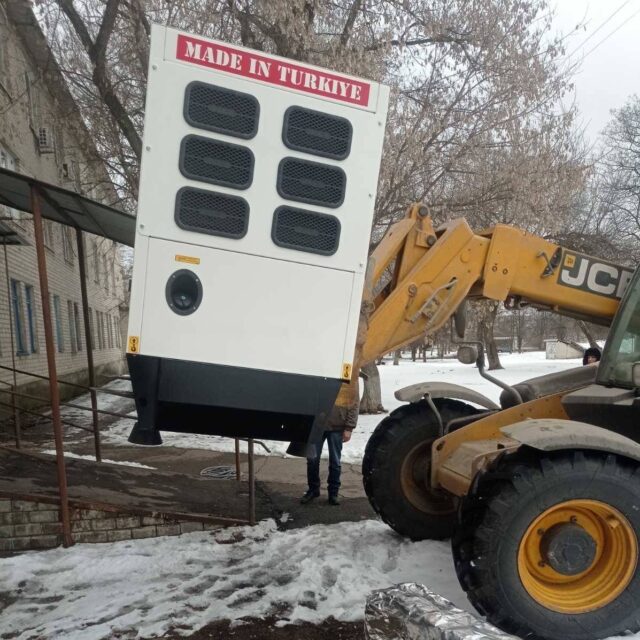
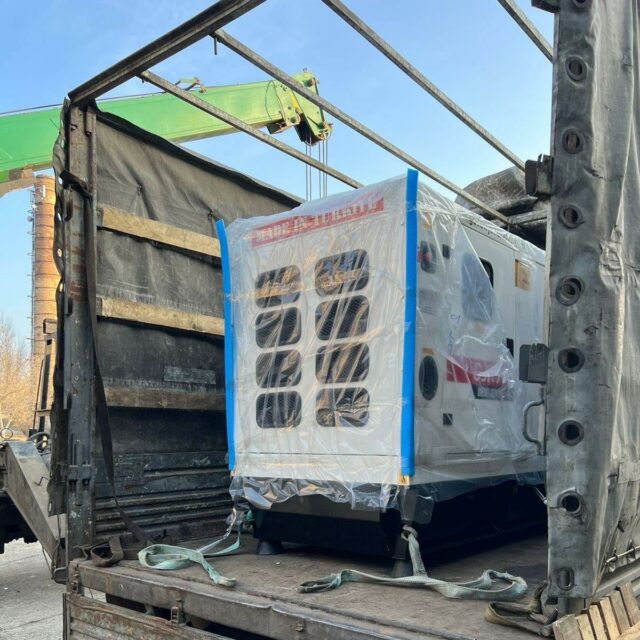
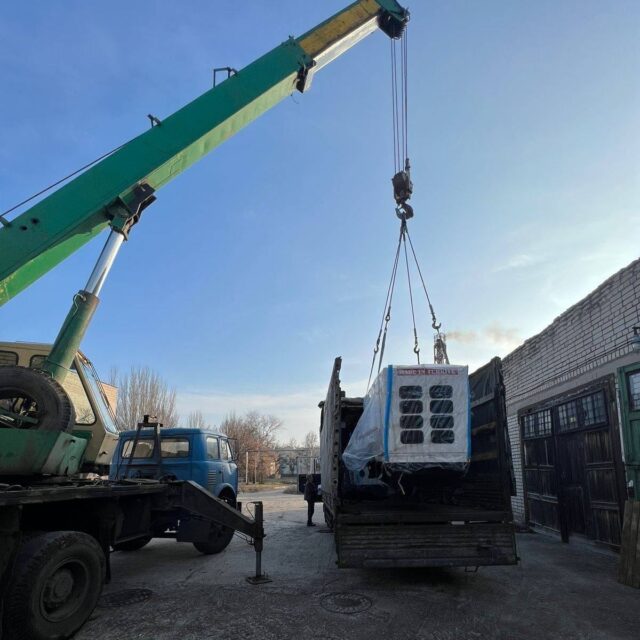
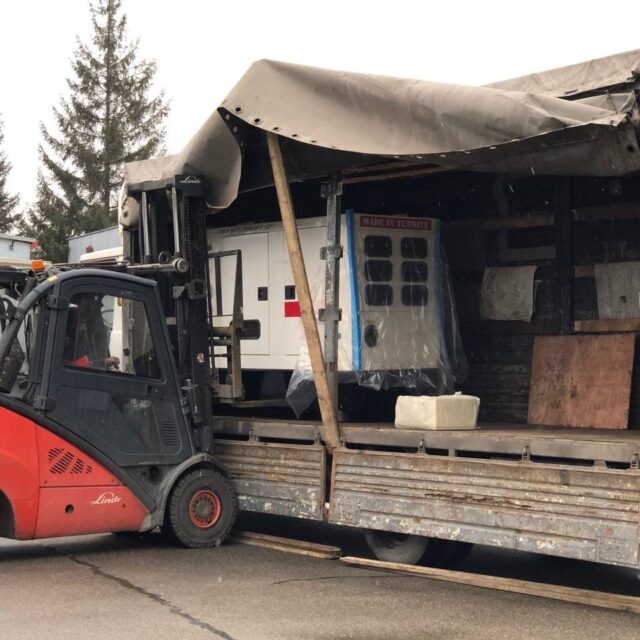
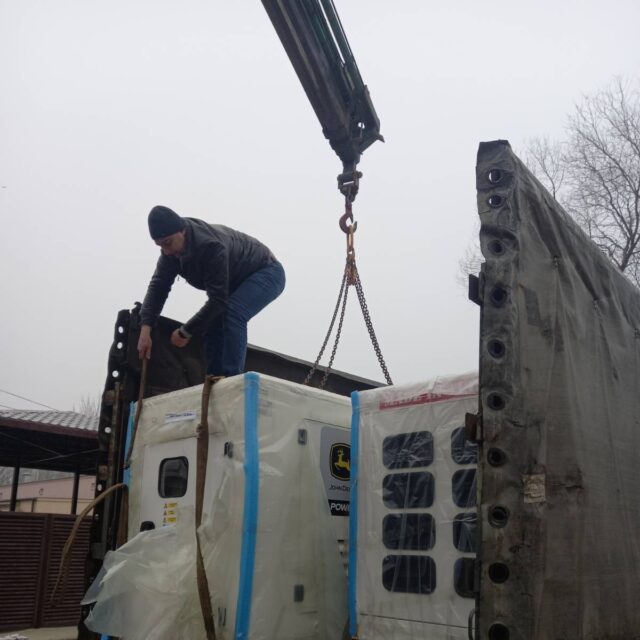
Nataliia Tulinova, a founder and CEO of Zdorovi Agency, has recently visited 21 medical facilities in Kherson, a region that remains under severe missile attacks. She says Kherson is not yet a part of the centralized database for medical facilities in Ukraine because it was under occupation when the database was created. Therefore, they do not receive the aid as promptly as other regions.
One of the most pressing concerns is landmine injuries. As terrifying as it sounds, the hospitals need surgical drills and saws used for amputations. Neurosurgical microscopes, ICU beds, commode wheelchairs, and diagnostic equipment like portable ultrasound and x-ray machines are also on the list of required equipment for patients found under collapsed buildings and injured by shellings and explosions.
Thank you for helping and being Razom.
PLEASE DONATE TODAY TO HELP RAZOM HEALTH SUPPORT UKRAINE’S HEALTHCARE SYSTEM
Note: You will be redirected to a new page for processing.
